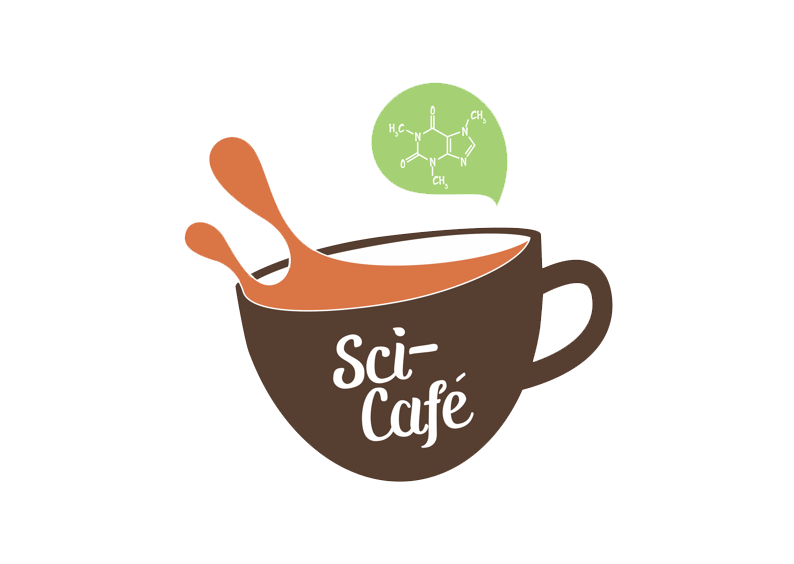Environmental Science and Engineering
Sustainability hinges on water and energy use
A plant scientist, a water specialist and a petroleum engineer walk onto a panel, “how do you define sustainability?” one asks.
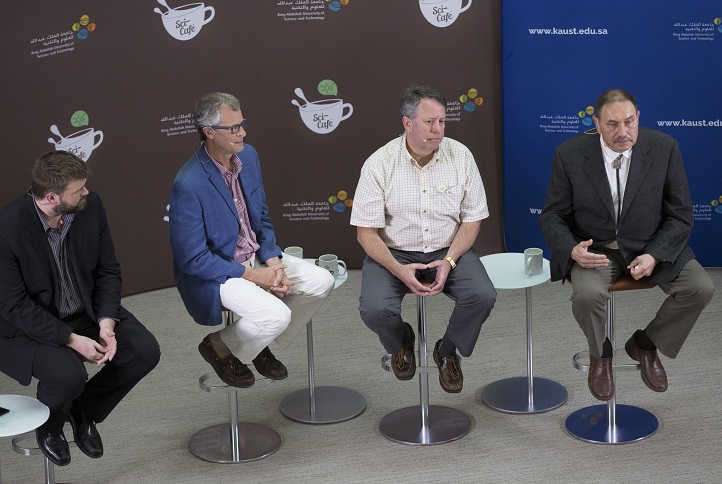
The term sustainability is hard to define and even harder to put into practice. Three KAUST scientists from different disciplinary backgrounds discuss how sustainability links their research through an energy-water-food nexus.
Tad Patzek has had a career as a petroleum and chemical engineer and also as a physicist. As someone who works with finite resources he has thought hard about sustainability. For him it is about quality and durability. He says, “a cyclic process can be sustainable if it is maintained without loss of quality forever, and if the environment into which this process dumps its wastes also maintains its integrity forever.” Fossil-fuel extraction is clearly not a cycle and therefore cannot be sustainable, he explains. “My profession is completely unsustainable by any definition. The field is completely linear: you start an oil field, you produce oil and then it ends.” Therefore we need to use fossil fuels sparingly and for high-value uses that really demand them; we need to seek out alternatives to fossil fuels for our everyday needs.
Mark Tester describes himself as “just a plant guy” who uses his knowledge of plants to develop more sustainable crops. “I define sustainability as action at a global and biological level to help people to do what they do in perpetuity without degrading the planet and its resources,” he says. Tester is driven to connect research with daily life, and he does this through improving understanding of how plants work and adapt. “I want to know why some plants tolerate salinity,” says Tester. “Coastal areas have different sets of plants to inland areas: so what genes are in coastal plants that are missing on the genes growing inland?” Tester is particularly interested in learning how plants adapted to living inland differ from those on the coast and how this could help to grow crops in desert soils. “What tradeoffs are plants making to live in a salty environment?” he asks. “We can use that knowledge to help plants to maintain their growth when their conditions are suboptimal, such as low in nitrogen or phosphorus, or especially with scarce or brackish water.”
TorOve Leiknes is an environmental engineer with a focus on water sustainability and his definition includes notions of social and economic development within a framework of environmental protection. But we need to consider what is happening in society, he says, and to appreciate the complex system that includes both society and nature. “The Millennium Development Goals (established following the Millennium Summit of the United Nations in 2000) begin with the elimination of poverty because this relates back to economic and social growth and protecting the environment,” explains Leiknes.
While these three specialists have different emphases in their definition of sustainability, they all agree that the dominant paradigms of societal valuation of natural resources must change. Patzek challenges the current narrative of prioritizing growth over the environment. Our priorities are all wrong, he claims, “we need to consider the environment first and then everything else.”
“Environmental services, like drinking water, are not there forever and cannot be abused forever,” says Patzek. “Much of our water comes from desalination, but we don’t see the cost of producing that water. We waste that water every day, and that is wasting power.”
It’s important, agrees Leiknes, to consider both the amount of energy required to provide water and the amount of water required to produce energy. “But it is also important to factor food into this relationship, especially because 75 percent of the world’s growing population are predicted to live in urban and peri-urban areas by 2050. It is vital to consider a nexus that includes energy, water and food.”
“In these urban environments you need water, energy and food; but, then you also have very expensive water discharged as waste,” continues Leiknes. “So we have a resource that isn’t currently viewed as a resource that can be used. Agriculture puts the biggest demand on freshwater sources, so my interest is in the overlap of water and food, and to ask if we can reclaim water in an urban environment for urban agriculture.”
Tester agrees that water warrants a strong focus in terms of sustainability. “We are sleep walking to a disaster in terms of both ground water and surface water,” he says. “I want to develop a new system of agriculture where we stop basing irrigation on fresh water—which must be saved for more high-value uses—and instead use brackish water that isn’t currently suitable for agriculture.” So if we can use this without depleting soil quality and water quality, then we can make water resources more sustainable.
So when a plant scientist, water specialist and petroleum engineer walk onto a panel, it’s really no joke. We need to actively consider how we value oil, water and food and make changes locally and globally.
References
- This article is based on a Sci-Café event that was held at KAUST on 21 February 2018: The Science of Sustainability!
You might also like
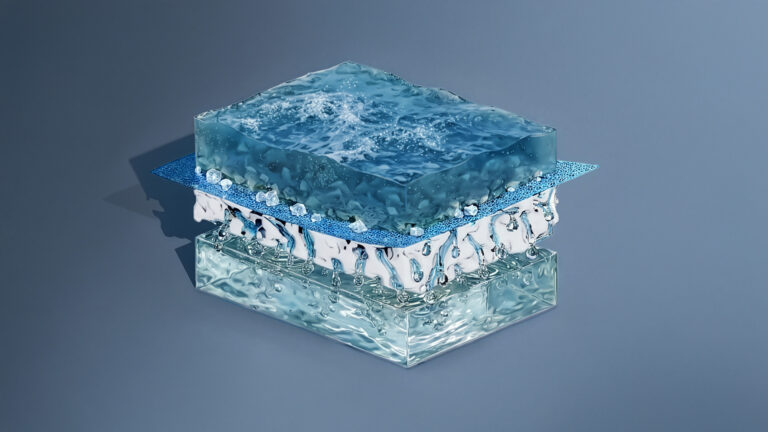
Environmental Science and Engineering
Ultrathin water repellent membrane advances desalination
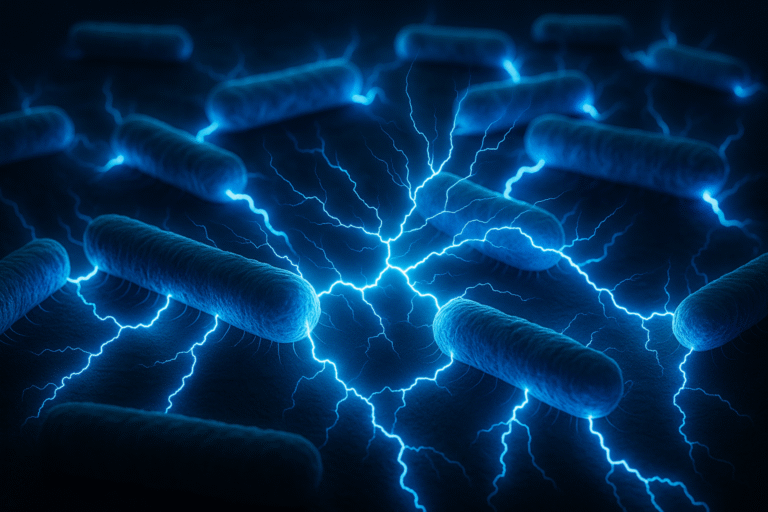
Environmental Science and Engineering
Bacteria reveal hidden powers of electricity transfer
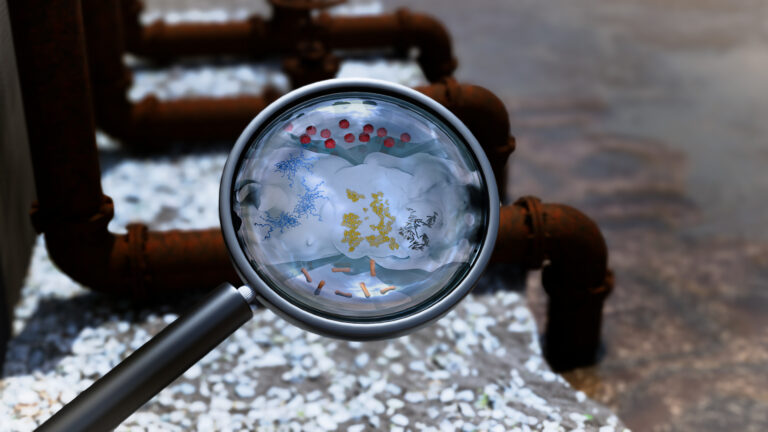
Environmental Science and Engineering
Wastewater surveillance tracks spread of antibiotic resistance
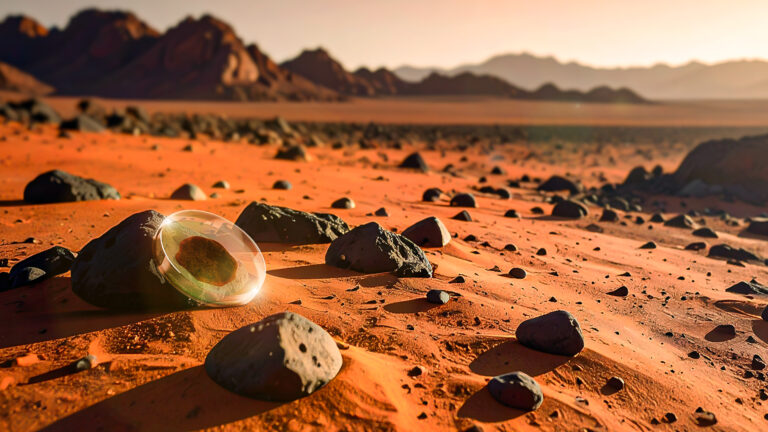
Bioscience
Super fungi survive extreme Mars-like environments

Environmental Science and Engineering
Rethinking food systems to restore degraded lands
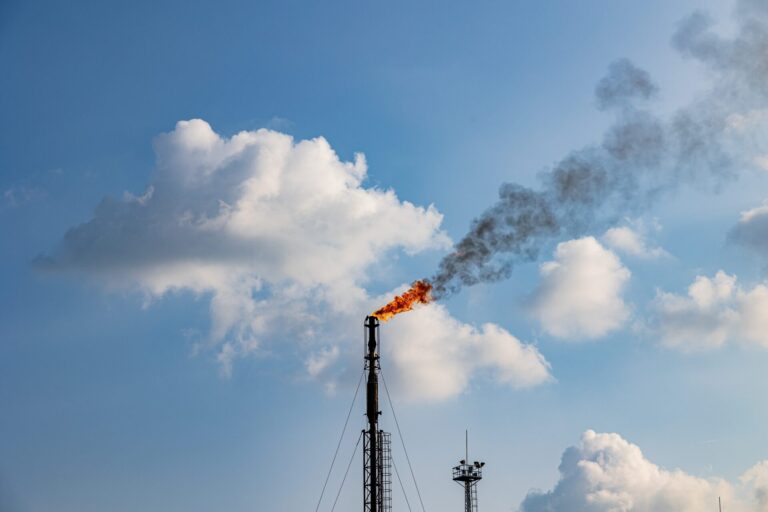
Environmental Science and Engineering
Combat climate change by eliminating easy targets
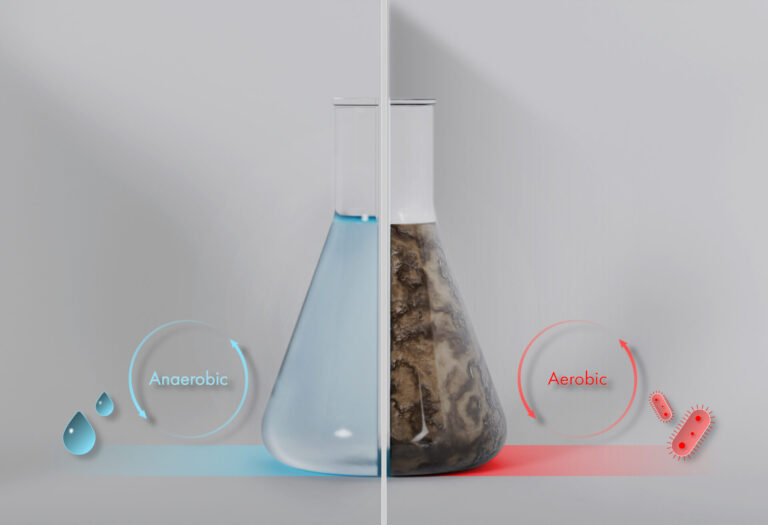
Environmental Science and Engineering
Wastewater treatment to fight the spread of antibiotic resistance
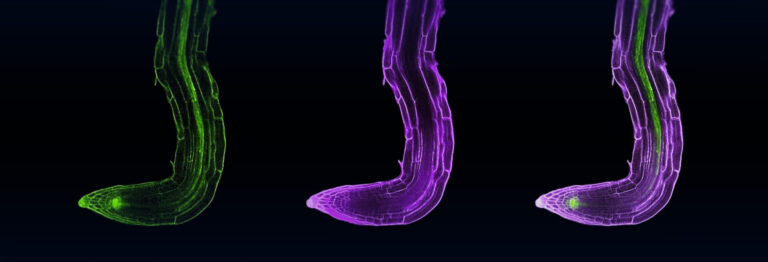
Bioscience




